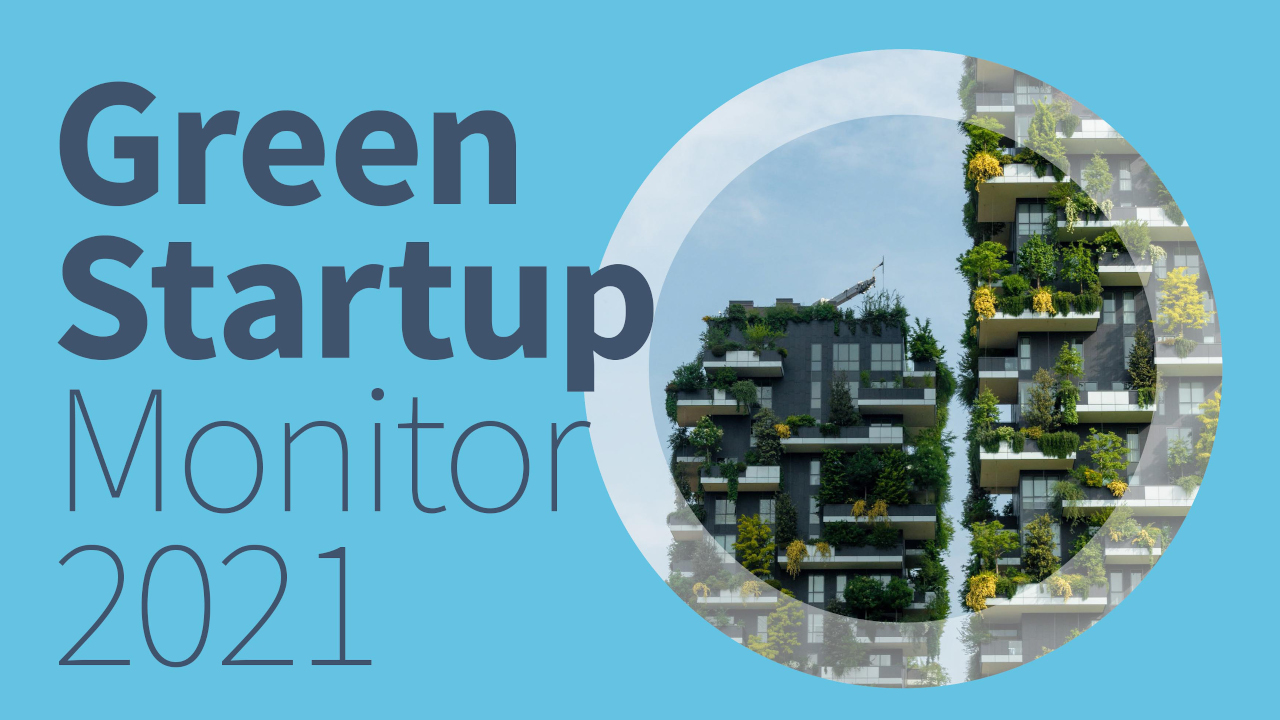Startup scene is becoming greener and greener
The third edition of the Green Startup Monitor shows: The proportion of green startups in Germany continues to increase. 30% of young companies are now attributed to the Green Economy.

Cosmetic products made of lignin or digital solutions for the textile circular economy: Products and services of green startups are primarily concerned with sustainability. For years, the number of young companies that can be counted as part of the Green Economy field has been increasing, as the Green Startup Monitor (GSM) 2021 (German) shows. The study, compiled by the Borderstep Institute and the German Startups Association, shows that the proportion of green companies has risen to almost 30 percent compared to previous years. The GSM was compiled for the third time and funded by the German Federal Environmental Foundation (Deutsche Bundesstiftung Umwelt, DBU).
Green startups double their added value
According to the authors, the approximately 6,000 green start-ups in Germany make an important contribution to climate and environmental protection with their environmentally friendly products and services. But that's not all: With their sustainable jobs and social solutions, they are also an increasingly important economic factor, they say. In addition to the economic effects, green startups also create added value for society. "These innovative and growth-oriented young companies not only deliver convincing products, but additionally create positive effects for society as a whole. Green startups are therefore characterized by a double dividend," emphasizes Klaus Fichter, Director of the Borderstep Institute and co-author of the study.
Sustainability and digitization dominate green business models
According to the study, three out of four startups surveyed see their sustainable orientation as an important corporate strategy. At 76%, this shows a significant increase of 6 percentage points compared to the previous year. Green startups are in the majority, especially in the fields of agriculture and farming, energy and electricity, textiles, consumer goods, and food and nutrition. However, their share in the individual German states differs, averaging 30%. The frontrunners with 35% each are Mecklenburg-Western Pomerania and Saarland, followed by Hesse with 32% and Schleswig-Holstein, Lower Saxony and Saxony with a share of 29% each. In addition, the monitor shows that green startups are focusing on digitization. Accordingly, 24% of green companies pursue hardware-based or purely digital business models.
Pandemic complicates capital acquisition
The Green Startup Monitor also illustrates the challenges that young green ecomomy companies face. According to the study, the three biggest hurdles at present include sales, raising capital and product development. According to the study, the pandemic has exacerbated some of the known challenges. Difficulties in raising capital, for example, have worsened. According to the study, green startups would like to see more venture capital and better early-stage financing.
bb


